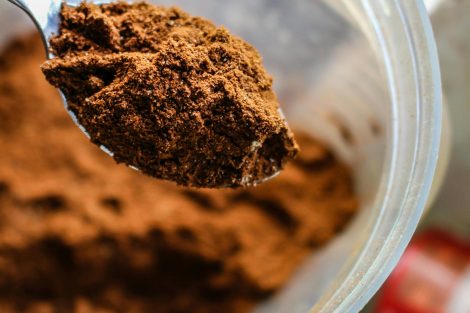It is a process where an alkali is used to treat cocoa products (nib, cocoa liquor or powder). The main alkalizing agents used are: sodium or potassium hydroxide, carbonate or bicarbonate; oxide or sodium carbonate. This process is necessary because, after fermentation, cocoa has a low pH (4.7 – 5.5), a result of acetic acid production. Alkalization neutralizes the pH until reaching values of 6.3 – 6.8.
This process confers changes in the color and flavor of the chocolate. Regarding color, the change occurs from dark brown to a reddish or black tone. The taste is generally less bitter.
The change in flavor is produced by the effect of alkalization on pH, which also has an influence on the Maillard reaction induced in roasting and which influences the flavor. Alkalization must be carried out at temperatures between 75 – 100 °C. This process is also used to increase the solubility of cocoa powder used in beverages.

